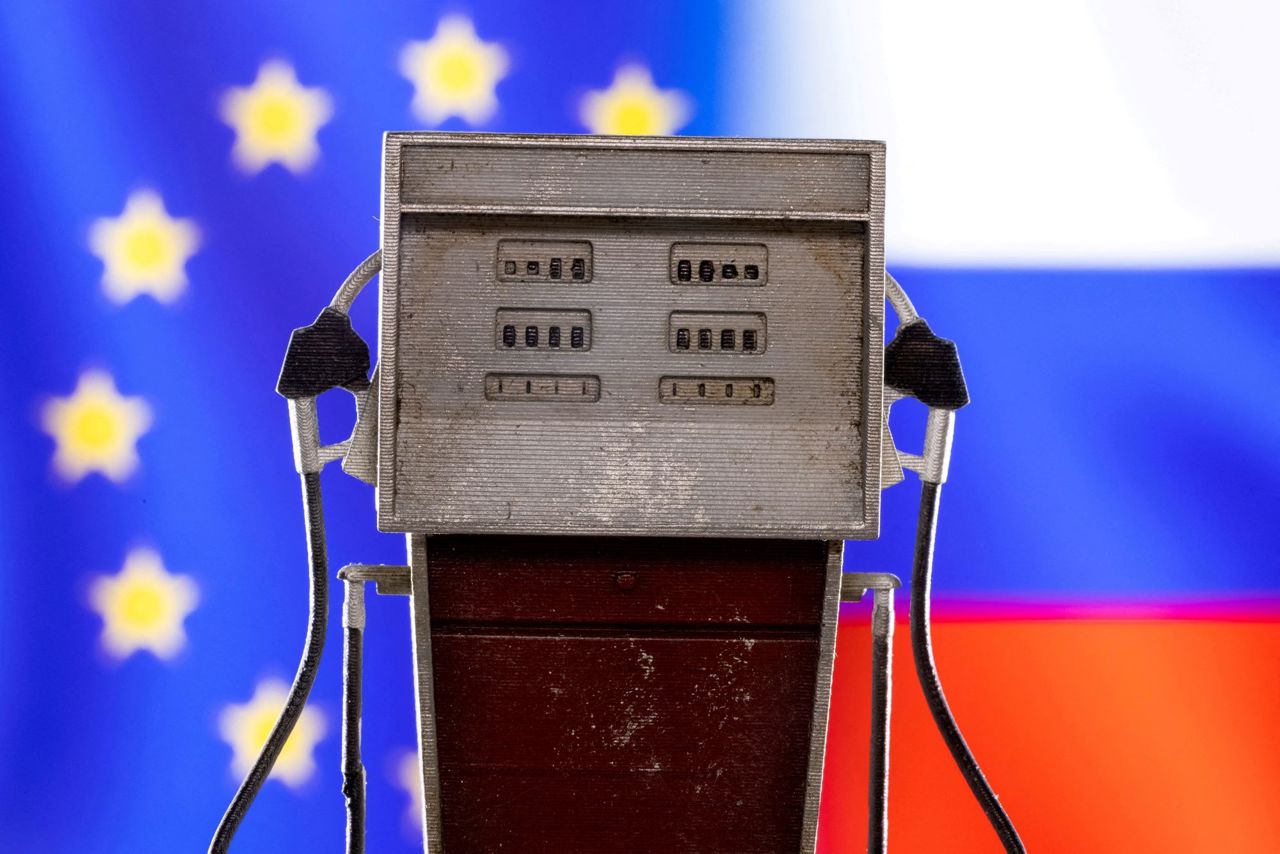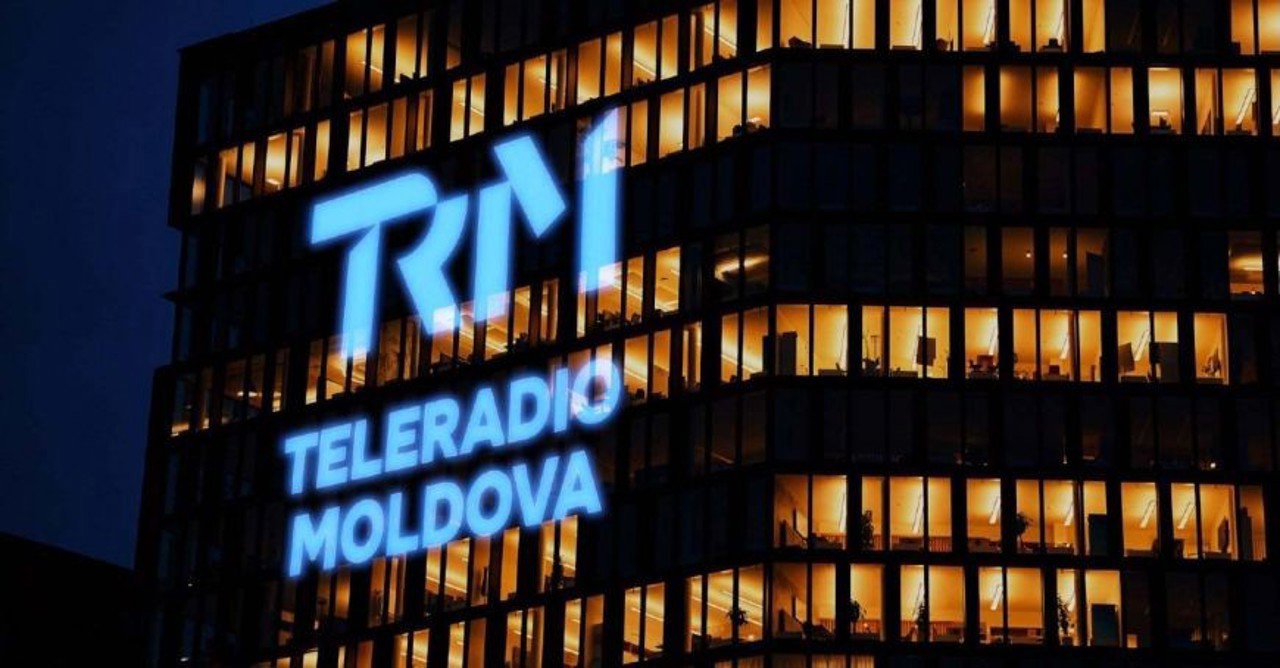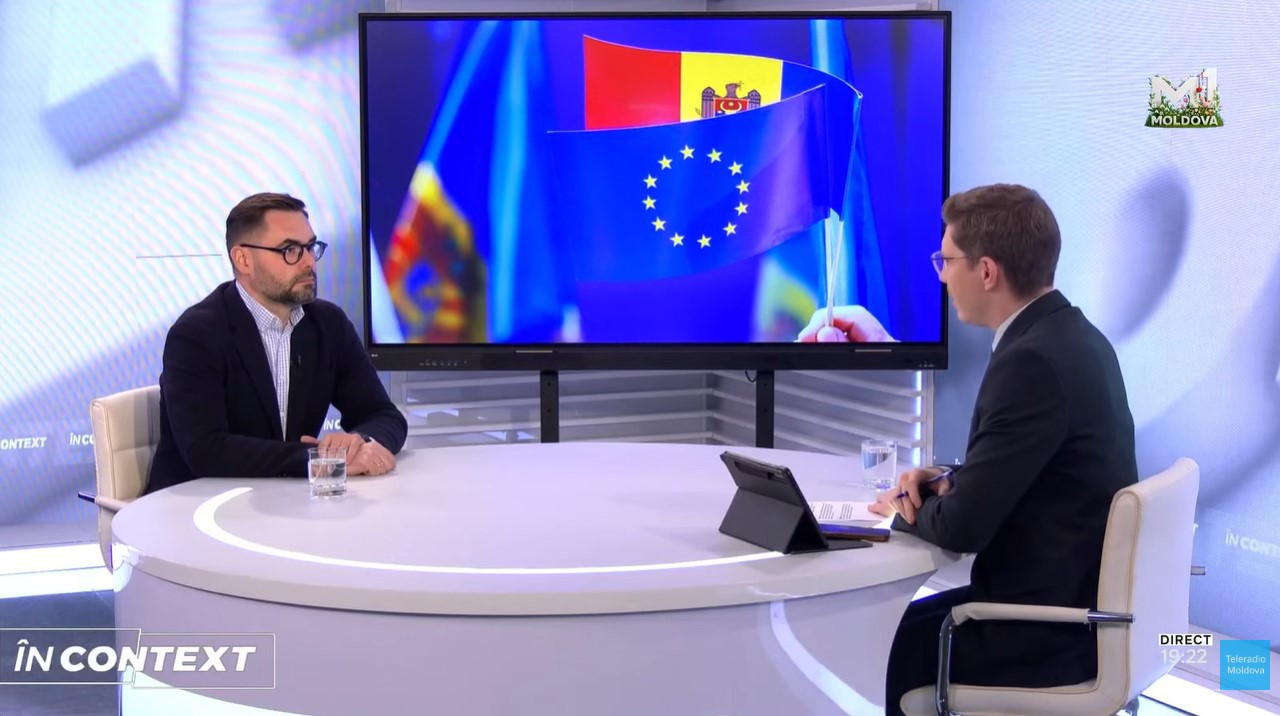Hungary Faces Fuel Shortage After Ukraine Bans Russian Oil
Hungary is facing a fuel shortage due to Ukraine's decision to ban the transit of Russian oil through its territory.

The European Commission has, however, postponed its decision on the request made by Hungary and Slovakia for EU intervention in their dispute over Ukraine's sanctions against Lukoil. Both countries have been exempt from the EU-wide ban on Russian oil up to this point. No EU member state has supported their stance.
Hungary and Slovakia have formally requested consultations with the European Commission under the EU’s trade agreement with Ukraine. However, EU Trade Commissioner Valdis Dombrovskis has indicated that Brussels requires additional time to collect evidence and assess the legal situation.
The complaint lodged by Hungary and Slovakia against Ukraine, which has blocked oil deliveries from Lukoil, appears to be at least partially justified. Ukraine asserts that the same quantity of oil continues to flow through the pipeline, thanks to other Russian companies. Nonetheless, the potential impact on Slovakia and Hungary could be substantial. Russian oil accounts for 35-40% of the inputs to Slovakia’s sole refinery, while Lukoil’s deliveries make up about 25-30% of Hungary’s oil imports.
These restrictions have led to a supply shortage in Budapest, which depends on Russia for 70% of its oil supply, with Lukoil supplying half of this amount. In response to Ukraine's actions, Hungarian Foreign Minister Peter Szijjarto has warned that this measure could jeopardise Hungary's long-term energy security.
“The Ukrainian authorities have shown a willingness to resolve the situation, but in June, Kyiv imposed sanctions that block the transit of Lukoil’s oil to Central Europe to cut off the Kremlin’s revenue used to support its military. However, Ukraine’s ban does not apply to other Russian oil exporters still utilising the pipeline,” Szijjarto stated.
Hungary has threatened to block European Union reimbursements for member states that have provided ammunition to Ukraine until Kyiv permits the transit of oil from Lukoil through a pipeline on its territory, according to a statement from the Hungarian Foreign Minister on Tuesday, July 23.
Lukoil is among several Russian companies that supply oil to Hungary and Slovakia via the southern segment of the Druzhba pipeline from Ukraine. The transit was halted on July 18. Without a resolution, Hungarians could face skyrocketing energy prices and electricity shortages within a few weeks.
Hungary might negotiate additional imports with Rosneft, another major Russian company, or increase deliveries from Croatia via the Adria pipeline. Budapest also has strategic emergency reserves with sufficient oil for 90 days.
Kremlin Press Secretary Dmitri Peskov has accused Kyiv of making a “political decision,” asserting that the situation is “critical” for those who continue to purchase Russian oil.
Hungary remains Russia's closest ally within the EU, consistently opposing Ukraine’s accession to NATO and the EU, opposing sanctions against Russia, and systematically undermining Western aid efforts for Ukraine.
Moscow earned $180 billion from its oil exports just last year.
Author: Dan Alexe
Translation by Iurie Tataru





